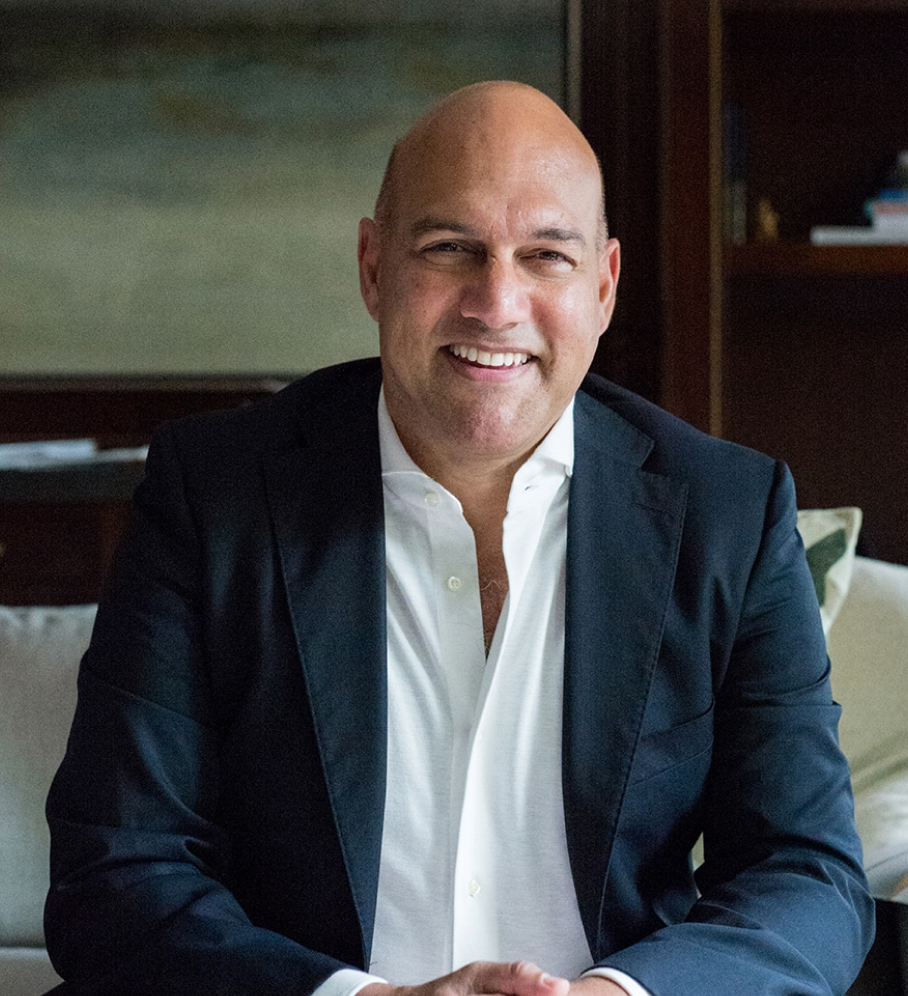Lesson 8. Trust Beats Control and Open Beats Closed
As we saw with Valve Software, autonomy can be a powerful motivator in the age of the Exponential Organization. The millennial generation is naturally independent, digitally native, and resistant to top-down control and hierarchies. To take full advantage of this new workforce and hang on to top talent, companies must embrace an open environment.
Google has done just that. As we outlined earlier, its Objectives and Key Results (OKR) system is fully transparent across the company. Any Googler can look up the OKRs of other colleagues and teams to see what they’re trying to achieve and how successful they’ve been. Such transparency takes a considerable amount of cultural and organizational courage, but Google has found that the openness it engenders is worth the discomfort.
The control frameworks used by traditional organizations were devised because the longer (and slower) feedback loops between management and teams required considerable oversight and intervention. Over the last few years, however, a new wave of collaborative tools has emerged to allow an organization to monitor each of its teams with little oversight and maximum autonomy. ExOs are learning to harness these capabilities and deliver self-management—often with extraordinary outcomes—by tracking data on a real-time basis. The most famous example of this is Slack, but another excellent example is Teamly, which combines project management, OKRs, and performance reviews with the power of an internal social network.
Another key reason that ExOs are implementing trust frameworks is that in an increasingly volatile world, predictable processes and steady, stable environments are now all but extinct. Anything predictable has been or will be automated by AI or robots, leaving the human worker to handle exceptional situations. As a result, the very nature of work is changing—and it will require more initiative and creativity from every team member. At the same time, team members often wish their organizations placed more trust in them. It is important to understand that open trust frameworks cannot be implemented in isolation or simply by fiat. Rather, they are an important consequence of implementing Autonomy, Dashboards, and/or Experimentation.
ExO community member Jerry Michalski, best known for Jerry’s Brain, summarizes this concept wonderfully: “Scarcity equals abundance minus trust.” As we enter an abundance economy, we must figure out how to scale trust. (Hint: Web3 does just that.)
Join Our ExO Community - Unlock Exponential Growth!
Traditional growth models risk obsolescence. Learn how to become an Exponential Organization (ExO) and drive innovation with disruptive technologies. Sign up now!
Organizations implementing the formula have delivered over
- ⭐ 6.8x high profitability
- ⭐ 40x higher shareholder returns
- ⭐ 11.7x better asset turnover
- ⭐ 2.6x better revenue growth






